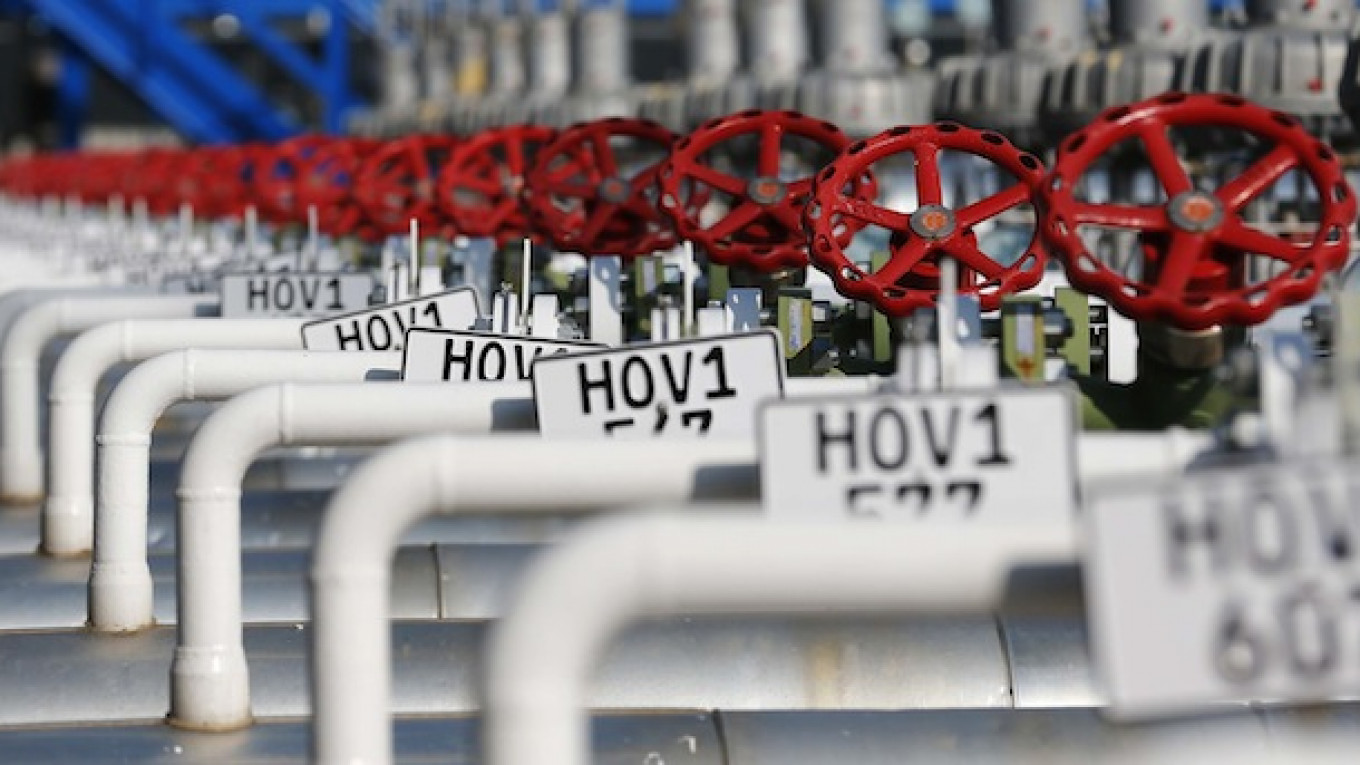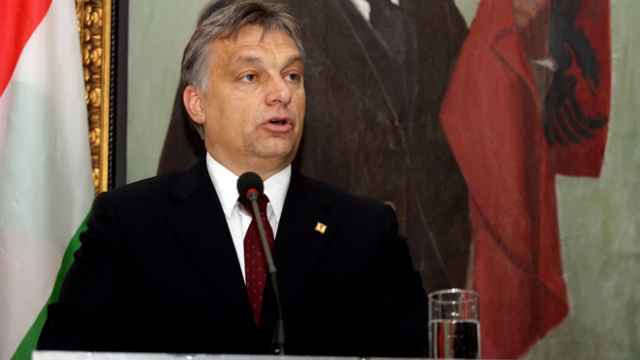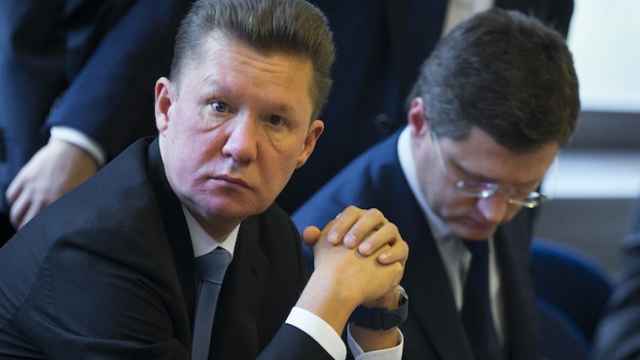Hungary will stand by its European Union allies' decision to impose sanctions on Russia over Ukraine but will need help to safeguarding energy supplies put at risk by the dispute, its foreign minister said on Wednesday.
Hungarian Prime Minister Viktor Orban's talk of the need for a rethink on sanctions and his country's growing proximity with Moscow on energy policy have prompted concern that Budapest may be drifting into Moscow's orbit of influence. Hungary is heavily reliant on energy imports from Russia.
Foreign Minister Peter Szijjarto said in Berlin that Budapest wanted a "balanced, healthy and pragmatic" relationship with Moscow, while standing up for Ukraine's sovereignty.
"I told the German foreign minister that Hungary will always be loyal to decisions that Europe takes together — and that is also the case with Ukraine," he said at a joint news conference with his German counterpart Frank-Walter Steinmeier.
"I also asked for his understanding that central Europe's energy security is in a precarious situation," Szijjarto said, adding that Hungary had to diversify gas supplies and needed EU support to improve the infrastructure for gas transportation.
Hungary backs Gazprom's pipeline project to carry Russian gas to Europe, which the EU says undermines its drive to reduce reliance on Russian energy. Hungary has also stopped pumping natural gas to Ukraine and wants to sell a stake in Croatian energy firm INA to a Russian firm.
Steinmeier said EU states must respond to nearby conflicts by showing unity and setting an example "with our democracy, values and rule of law" — probably a reference to the EU's clashes with Orban on a wide range of civil rights issues.
A Message from The Moscow Times:
Dear readers,
We are facing unprecedented challenges. Russia's Prosecutor General's Office has designated The Moscow Times as an "undesirable" organization, criminalizing our work and putting our staff at risk of prosecution. This follows our earlier unjust labeling as a "foreign agent."
These actions are direct attempts to silence independent journalism in Russia. The authorities claim our work "discredits the decisions of the Russian leadership." We see things differently: we strive to provide accurate, unbiased reporting on Russia.
We, the journalists of The Moscow Times, refuse to be silenced. But to continue our work, we need your help.
Your support, no matter how small, makes a world of difference. If you can, please support us monthly starting from just $2. It's quick to set up, and every contribution makes a significant impact.
By supporting The Moscow Times, you're defending open, independent journalism in the face of repression. Thank you for standing with us.
Remind me later.






